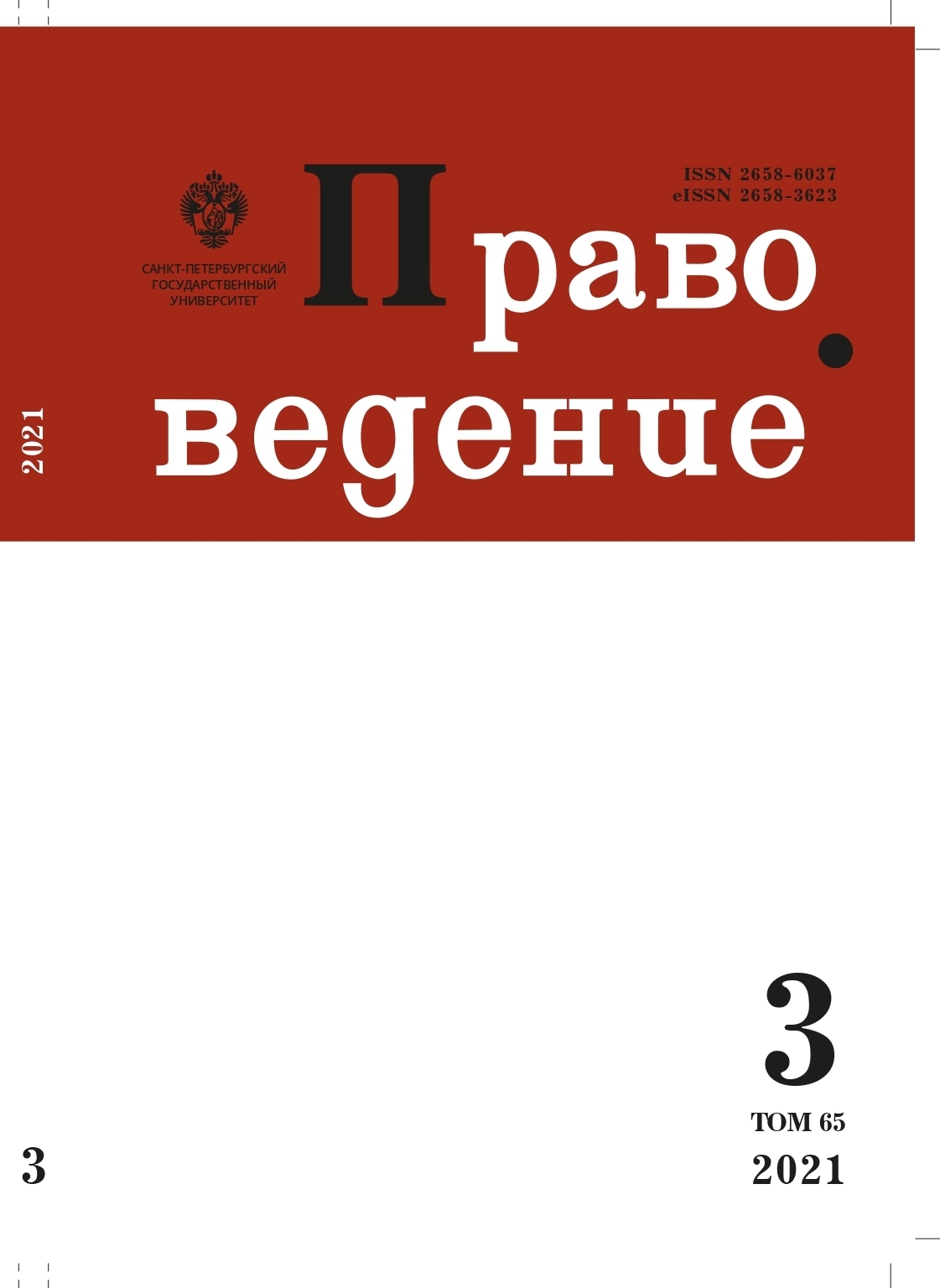The basics of Polish labour law
DOI:
https://doi.org/10.21638/spbu25.2021.306Abstract
Polish legal system recognizes the difference between labour law and employment law. Labour law is the notion formally recognized by the name of its basic legal act — the Labour Code. Labour law regulates only part of the entire labour market, limited to subordinate forms of work conduct. Employment law is a wider notion, which has scientific rather, than legal basis. It contains labour law within, together with all other employment forms, such as civil contracts for services, self-employment etc. The article discusses the basic regulations of polish labour law. Remarks on polish labor law development after economic system change from centrally regulated to market economy introduce to the topic. After that the sources of law were presented. Those are particularly important for labour law system, which includes not only common sources, but also particular ones, like collective agreements. The article concentrates on presentation of polish individual labour law regulations which are the core of the employment system. This is the regulation of employment contract, which is contained mostly in the Labour Code. This part of article undertakes issues of employment contract types, forms, obligations of the parties and termination. Working time systems and limitations, guarantees of free time presented in the article, are very influential for the whole social system. The article presents also some atypical forms of employment, used in Poland, such as telework, temporary work and self-employment. At the end text presents the basic regulations of collective labour law: workers and employers representations and collective disputes.
Keywords:
labour law, employment law, employment contract, termination of employment, working time, atypical employment, trade union, collective redundancies, collective disputes
Downloads
References
Downloads
Published
How to Cite
Issue
Section
License
Articles of "Pravovedenie" are open access distributed under the terms of the License Agreement with Saint Petersburg State University, which permits to the authors unrestricted distribution and self-archiving free of charge.




